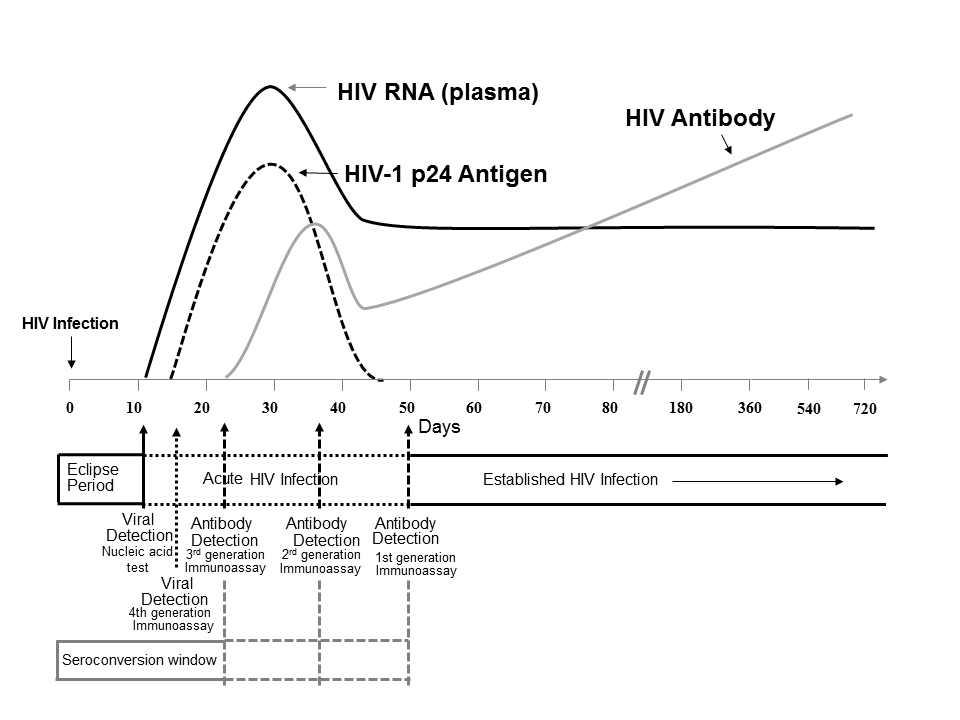

Viruses spread in different ways, depending on the virus. The signs and symptoms of a viral infection depend on what virus you have and how it affects your body.

Viruses “hijack” normal, living cells in your body. Many who do survive are left with life-changing effects, such as post-traumatic stress disorder (PTSD), chronic pain and fatigue, organ dysfunction (organs don’t work properly), and/or amputations. Worldwide, one-third of people who develop sepsis die. While bacterial infections are the most common cause of sepsis, viral infections can cause sepsis too. Sepsis and septic shock can result from an infection anywhere in the body, such as pneumonia, influenza, or urinary tract infections. Like strokes or heart attacks, sepsis is a medical emergency that requires rapid diagnosis and treatment. Sometimes incorrectly called blood poisoning, sepsis is the body’s life-threatening response to infection or injury. Viral infections that may be minor in healthy individuals can be quite severe for people who have a weakened immune system. For example, the common cold and the flu are viruses, but so are COVID-19, Ebola and HIV. There are thousands of viruses, some more common than others. Viruses need living cells to replicate or reproduce. A virus is a tiny agent (germ) that lives inside living cells, or host cells.


 0 kommentar(er)
0 kommentar(er)
